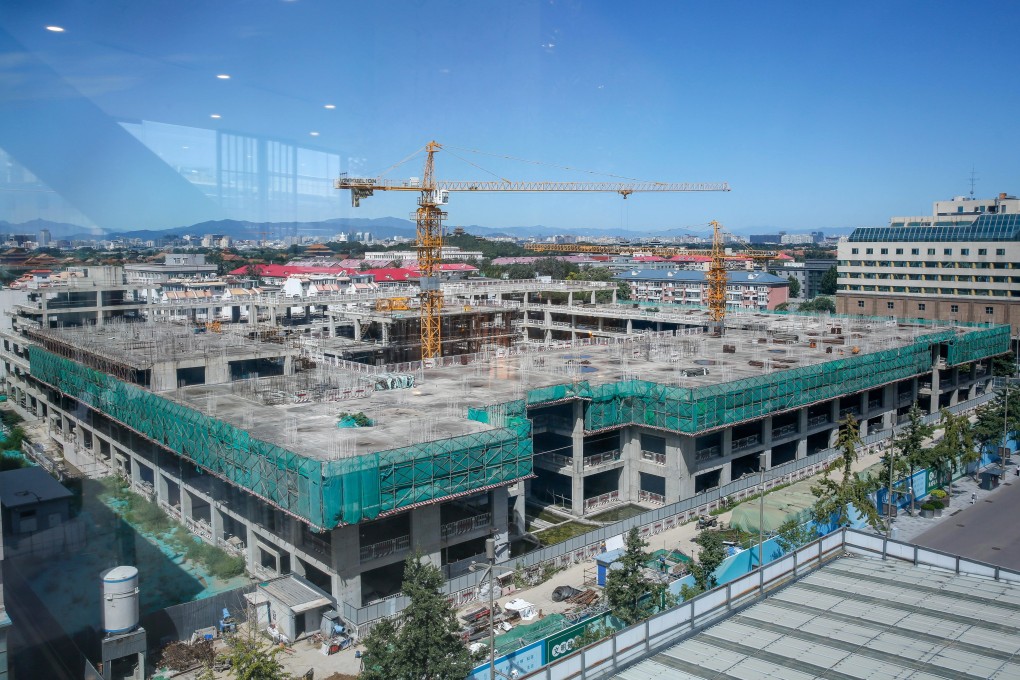China’s services sector activity growth eases amid coronavirus woes
- Caixin/Markit services purchasing managers’ index (PMI) fell to 55 in August from 55.5 in July
- Last week, the official non-manufacturing PMI fell to 52.6 from 53.8 in July

A strong rebound in China’s services sector eased slightly in August amid fresh coronavirus flare-ups, but business confidence rose to a nine-month high in a rare bit of good news for the struggling economy, a private survey showed on Monday.
“The Caixin China general services business activity index [the headline services PMI] fell modestly to 55 from 55.5 in July, but remained resilient in August. Surveyed companies mentioned that easing Covid restrictions and improvements in demand supported the recovery of service sectors,” said economists from Goldman Sachs.
“That said, both the NBS and Caixin services PMI pointed to a softened recovery of services sector in August.”
Total new orders rose for the third month in a row, but foreign demand remained subdued with the new export business subindex shrinking for the eighth straight month amid continued curbs on travel.